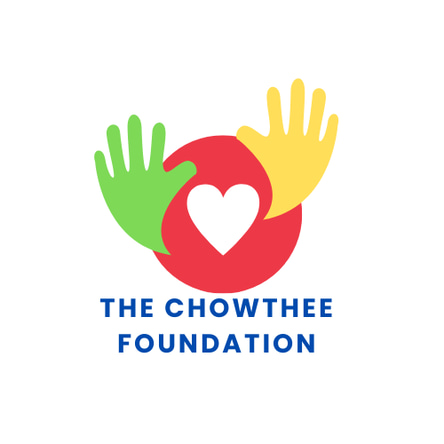The Chowthee Foundation is a registered charitable trust in new zealand 50227580
What can tech do to assist with poverty alleviation and health in developing countries
The Chowthee Foundation is dedicated to deploying technology to assist at risk communities.
5/8/20241 min read


Tech's Transformative Power: Alleviating Poverty and Improving Health
Technology is no longer a luxury; it's a crucial tool for driving progress in developing countries, offering innovative solutions to long-standing challenges in poverty alleviation and healthcare. Its potential to leapfrog traditional barriers is immense.
Combating Poverty:
Mobile banking and fintech solutions are revolutionizing financial inclusion. Micro-loans, digital payment systems, and mobile money transfers empower individuals, especially women, to start businesses, manage finances, and access essential services. E-commerce platforms connect small-scale farmers and artisans directly to markets, bypassing exploitative intermediaries and increasing incomes. Online education and skills training platforms provide access to learning opportunities, enhancing employability and breaking cycles of poverty. Precision agriculture technologies, using sensors and data analysis, help farmers optimize crop yields, reduce waste, and improve food security.
Improving Health Outcomes:
Telemedicine is bridging geographical gaps, bringing healthcare access to remote and underserved communities. Doctors can diagnose and treat patients remotely, reducing the need for costly and time-consuming travel. Mobile health (mHealth) apps deliver vital health information, track disease outbreaks, and promote preventative care. Wearable devices monitor vital signs, enabling early detection of health problems. Artificial intelligence (AI) is being used to analyze medical images, diagnose diseases more accurately, and personalize treatment plans. Blockchain technology enhances the security and transparency of medical records and supply chains, ensuring the authenticity of medicines and preventing counterfeiting.
Challenges and Opportunities:
While the potential is vast, challenges remain. Digital literacy, access to affordable internet, and reliable infrastructure are crucial for effective implementation. Data privacy and security must be prioritized. It's also essential to ensure that technology is culturally appropriate and addresses the specific needs of local communities. Collaboration between governments, NGOs, tech companies, and local communities is vital for maximizing the impact of these technologies.
Technology is not a silver bullet, but it offers powerful tools to accelerate progress towards a more equitable and healthy world. By embracing innovation and addressing the challenges responsibly, we can harness the transformative power of tech to alleviate poverty and improve health outcomes for millions in developing countries.
Mission
The Chowthee Foundation's mission is to empower vulnerable communities by alleviating poverty, improving health outcomes, and fostering sustainable development, creating lasting positive change for individuals and the environment.
contact
info@thechowtheefoundation.org
© 2025. All rights reserved.
Trustees:
Cinda Lee Cupido, PhD
Reetash Chowthee, MBA
